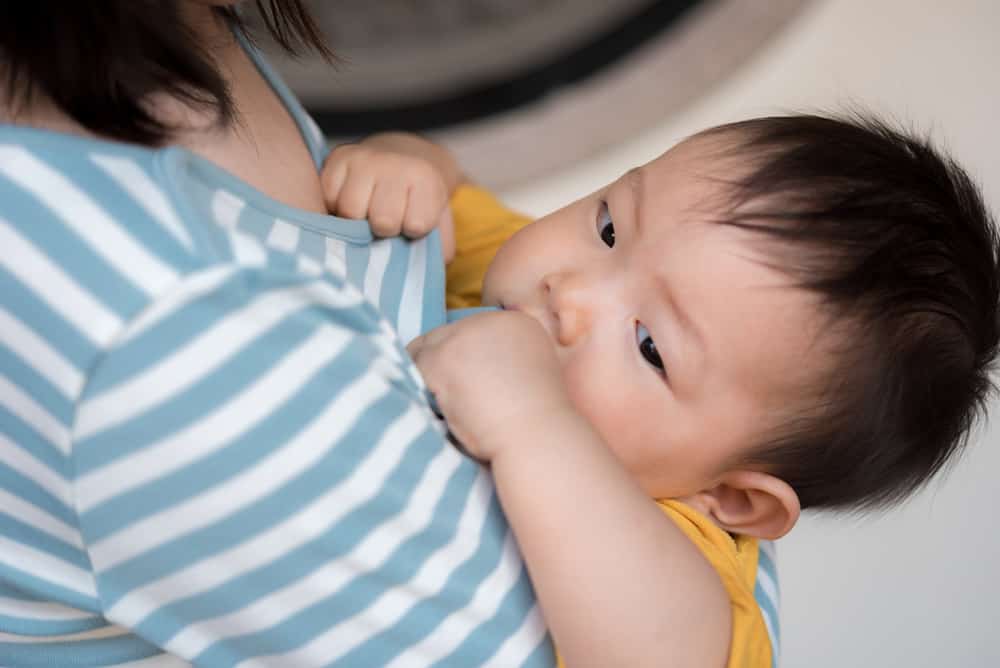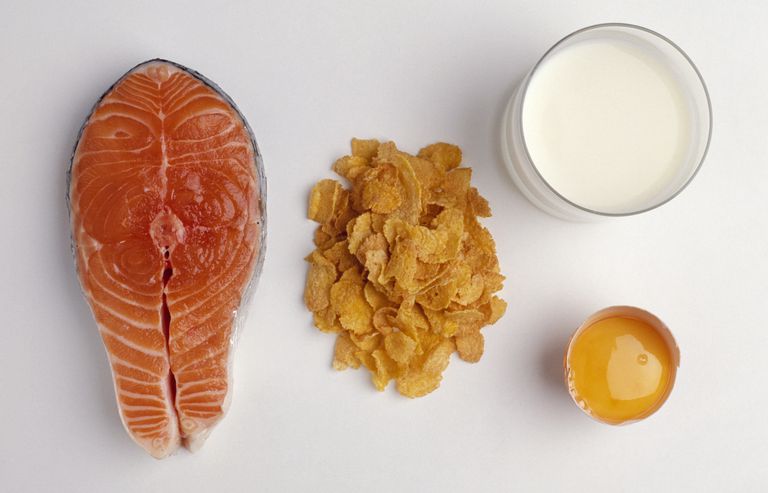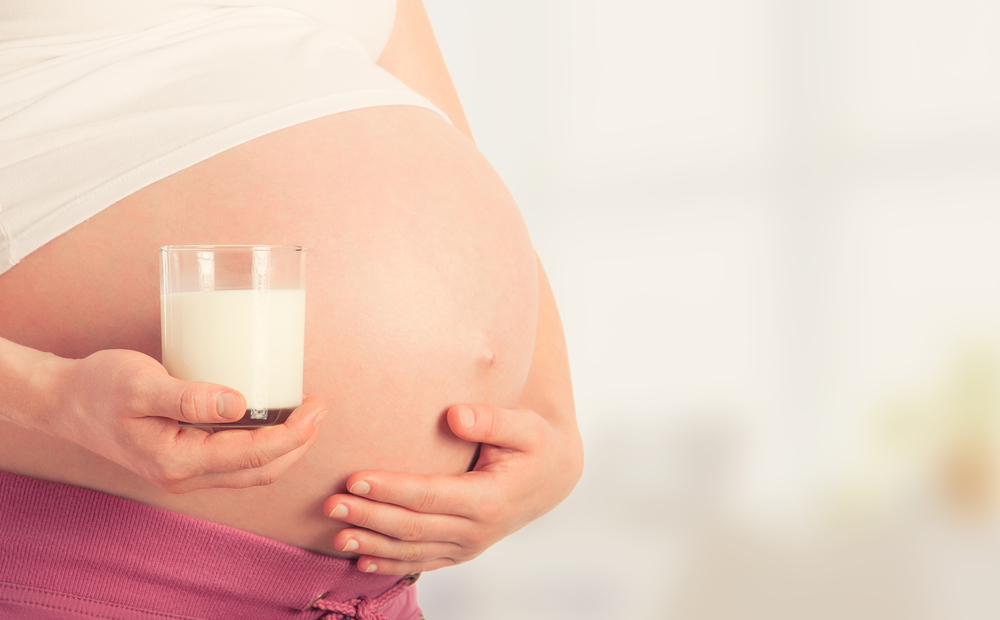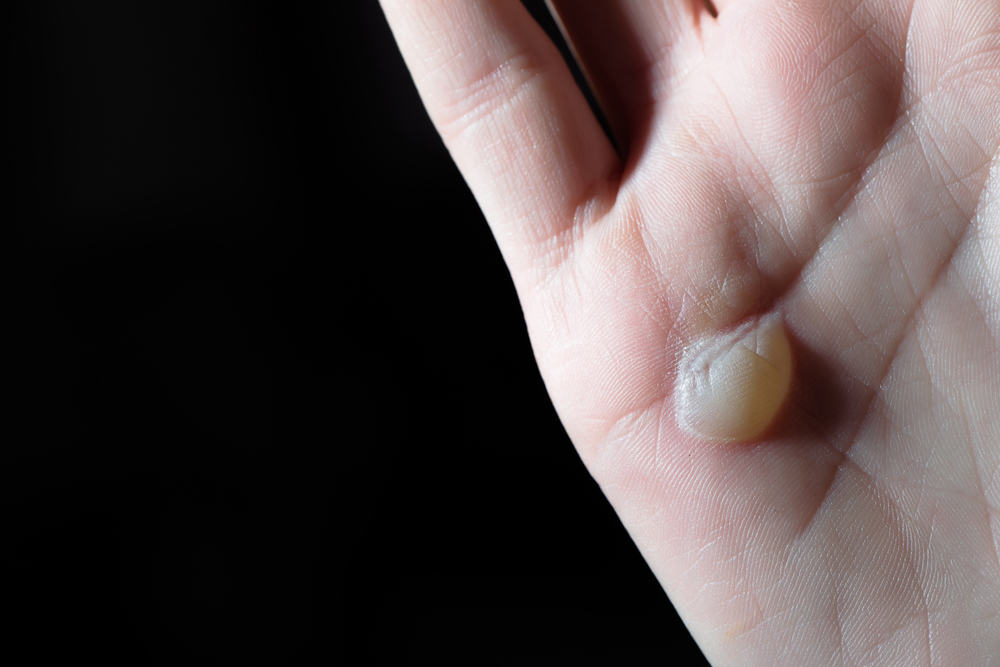Contents:
- Medical Video: How breastfeeding benefits you and your baby
- Exclusive breastfeeding babies are protected from the risk of heart disease when they are adults
- Baby exclusive breastfeeding is also protected from many other dangerous diseases
Medical Video: How breastfeeding benefits you and your baby
There is no better food intake for babies other than breast milk. ASI is able to fulfill all the important energy and nutritional needs that your child needs from birth to the first 6 months of life. Not only that the benefits of breast milk for babies.Summarized from various studies, the risk of heart disease in infants exclusively breastfed when adults are found to be lower than babies who are accustomed to breastfeeding formulas.
Exclusive breastfeeding babies are protected from the risk of heart disease when they are adults
Exclusive breastfeeding babies are reported to have a reduced risk of heart disease later in life, when compared to babies who are breastfeeding. Once revealed a study fromNorthwestern University, as reported fromMedical News Today.
This conclusion was found after the researchers looked at levels of C-reactive protein or CRP in the bodies of adults who were once babies of exclusive breastfeeding. The study itself involved 7,000 adults aged 24 to 32 years. They also evaluated the birth weight of the study participants and how long they were breastfed.
The results showed that study participants who when babies were given breast milk for 3 to 12 months had lower levels of C-reactive protein 20 to 30 percent compared to those who had never been breastfed.
C-reactive protein is a protein produced by the liver and will increase if there is inflammation in the body. CRP levels that are too high can make you susceptible to infection. High levels of CRP in the body are also thought to be possibleincrease the risk of heart disease and metabolic diseases in adulthood.
The study later found that an increase in CRP levels in the body was also associated with lower birth weight and shorter duration of breastfeeding. That is why it is important to give babies exclusive breastfeeding for at least 6 months of life. Over time, exclusive breastfeeding can help increase BBRL baby weight to normal levels. In fact, the World Health Organization (WHO) recommends mothers to breastfeed exclusively breastfed babies up to 12 months of age.
Baby exclusive breastfeeding is also protected from many other dangerous diseases
Exclusive breastfeeding is an important part of baby's growth and development. In addition to reducing the risk of heart disease when you grow up later, breast milk can also protect babies from several other risks, such as:
- Middle ear infection. Giving breast milk for three months or more can reduce the risk of this disease by 50 percent. The longer the duration of your breastfeeding, the lower your child's risk.
- Respiratory tract infections. Exclusive breastfeeding for more than four months can reduce the risk of hospitalization for this infection by up to 72 percent.
- Colds and infections. Infants exclusively breastfed for 6 months have a 63 percent lower risk of flu and ear or throat infections.
- Colon infection. Breastfeeding is associated with a 64 percent risk reduction for this disease.
- Damage to intestinal tissue. Exclusive breastfeeding for premature infants is associated with a 60 percent risk reduction in the incidence of necrotizing enterocolitis.
- Sudden infant death syndrome. Breastfeeding is associated with a reduction in the risk of 50 percent of sudden infant death syndrome after 1 month, and 36 percent reduces this risk in the first year.
- Allergic disease. Exclusive breastfeeding at least 3-4 months is associated with a 27-42 percent reduction in the risk of asthma, atopic dermatitis and eczema.
- Inflammatory bowel disease. Babies who are breastfed are 30% less likely to develop inflammatory bowel disease in children.
- Diabetes. At least 3 months of breastfeeding is associated with a reduced risk of type 1 to 30 percent diabetes and type 2 diabetes to 40 percent.
- Leukemia in children. Breastfeeding for 6 months or longer is associated with a reduced risk of leukemia in children aged 15-20 years.












